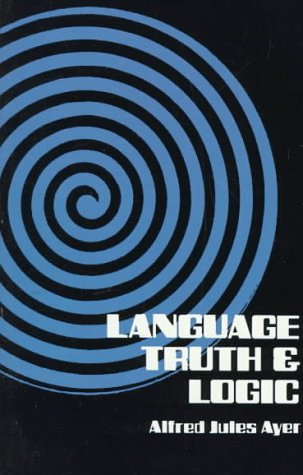Logic and Math are the Rules We Work Within
The principles of logic and mathematics are true universally simply because we never allow them to be anything else. And the reason for this is that we cannot abandon them without contradicting ourselves, without sinning against the rules which govern the use of language, and so making our utterances self-stultifying. In other words, the truths of logic and mathematics are analytic propositions or tautologies.
Notes:
They cannot be anything other than universally true.
Folksonomies: mathematics logic
Taxonomies:
/law, govt and politics (0.476079)
/science/mathematics (0.412192)
/science/social science/philosophy (0.363237)
Keywords:
analytic propositions (0.904732 (positive:0.222770)), logic (0.715879 (positive:0.222770)), rules (0.590225 (negative:-0.260094)), mathematics (0.573189 (positive:0.222770)), truths (0.497962 (positive:0.222770)), reason (0.490864 (neutral:0.000000)), Math (0.470336 (neutral:0.000000)), principles (0.454502 (neutral:0.000000)), words (0.439624 (neutral:0.000000)), language (0.439600 (negative:-0.260094)), utterances (0.438560 (negative:-0.439715))
Concepts:
Logic (0.961655): dbpedia | freebase | opencyc
Language (0.575731): dbpedia | freebase | opencyc
Aristotle (0.561974): dbpedia | freebase | opencyc | yago
Reason (0.546163): dbpedia | freebase
Mathematics (0.542189): dbpedia | freebase | opencyc
Truth (0.517147): dbpedia | freebase
Axiom (0.494960): dbpedia | freebase
Philosophy of language (0.433387): dbpedia | freebase | opencyc





